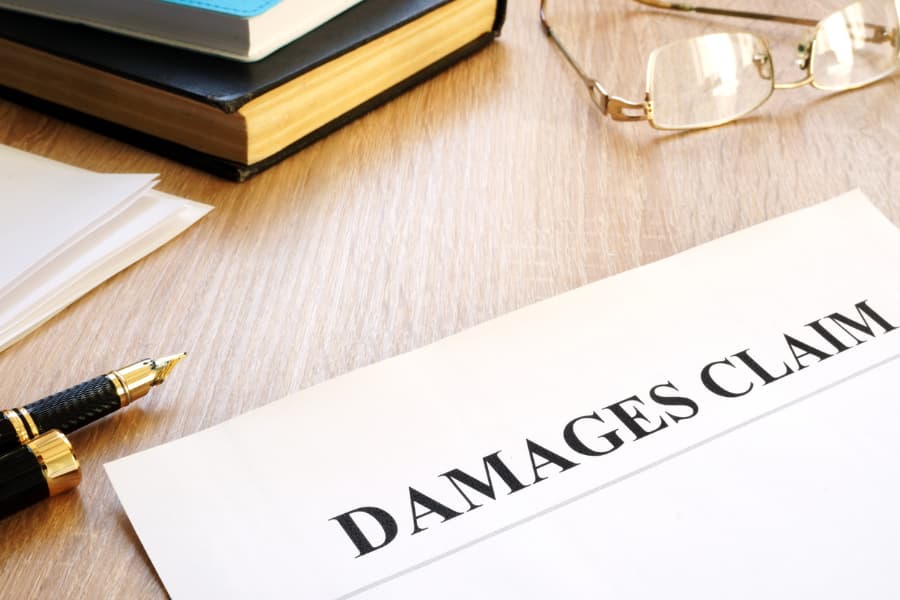
If you or a loved one has been hurt in an accident, it’s important to be aware of which types of damages you may be entitled to recover. The accident attorneys at Thomas, Conrad & Conrad in eastern Pennsylvania share some basics about the differences between compensatory and punitive damages and how they apply in personal injury claims.
Compensatory Damages
Compensatory damages are intended to compensate an injured victim for injuries and losses caused by someone else’s negligence. Actual or special damages provide monetary compensation for quantifiable losses such as medical bills, lost wages, and property damage.
General damages are more challenging to calculate, as they are meant to compensate an injured victim for intangible, non-economic losses they have suffered due to an at-fault party’s actions. Some common types of general damages include:
- Physical pain and suffering
- Emotional distress
- Mental anguish
- Loss of enjoyment
- Loss of consortium
- Permanent disability or disfigurement
The aim of both types of compensatory damages is to “make the plaintiff whole,” or return the injured party to the same position they would have been in if the injury had never occurred. Although no amount of money can get rid of an injury, personal injury lawyers fight to help injured victims recover the maximum amount of compensation they deserve and need to put their lives back together.
Punitive Damages
In cases involving gross negligence, extreme recklessness, intentional wrongdoing, or repeated misconduct, a plaintiff may be awarded punitive damages in addition to compensatory damages. Punitive damages are designed to punish a defendant and deter others from committing similar acts. Punitive damages are rarely awarded, and are more common in cases involving drunk driving, assault, product liability, and dog bite claims in which the owner knew their dog was aggressive. Laws surrounding punitive damages vary from state to state.
Recovering Punitive Damages in Pennsylvania
Although Pennsylvania law allows punitive damages to be awarded in some circumstances, there are certain requirements and restrictions that must be taken into consideration.
In Pennsylvania, punitive damages are awarded only in addition to compensatory damages. If a plaintiff does not receive compensatory damages, they are not entitled to recover punitive damages.
There also are limits to the amount of punitive damages that may be awarded in Pennsylvania. For example, in medical malpractice cases, the cap on punitive damages is 200 percent of the compensatory damages awarded. In addition, 25 percent of punitive damages awarded in medical malpractice cases must go to the Pennsylvania Medical Care Availability and Reduction of Error Fund. Punitive damages are not recoverable in cases against the Commonwealth or local governmental agencies.
How a Personal Injury Attorney Can Help
When you’re focused on recovering from an injury, having a knowledgeable legal professional take the reins can help reduce the stress you and your loved ones may be feeling. Many people underestimate the cost of ongoing medical care, wage loss, and other long-term repercussions of serious injuries. Experienced injury lawyers know how to calculate an accurate value of your claim, which is crucial to protecting your health and financial security. They can evaluate your case and determine which types of damages may be available to you. Personal injury attorneys also are well-versed in negotiating with insurance companies and fighting to protect your rights and interests.
Personal injury law firms have the necessary resources to conduct thorough investigations, collect evidence, and put it all together to prove that another party’s negligence caused your injuries. A personal injury lawyer also can explain your rights and how the law applies in your case. If a claim is denied by an insurance company, an injured victim may have to take their case to court to recover compensation. Litigation can be complex and costly, so it’s important to hire an experienced attorney with a track record of success in recovering both compensatory and punitive damages.
Contact a Personal Injury Attorney
At Thomas, Conrad & Conrad, we care about our clients and their families. We help injured victims recover the maximum compensation they need to heal from physical and emotional scars that often result from serious injuries. To learn more, call our Bath office at 610-867-2900 or contact us online to schedule a free consultation. With offices in Northampton, Lehigh, Berks, and Monroe counties, we’re dedicated to representing injured victims throughout eastern PA.

